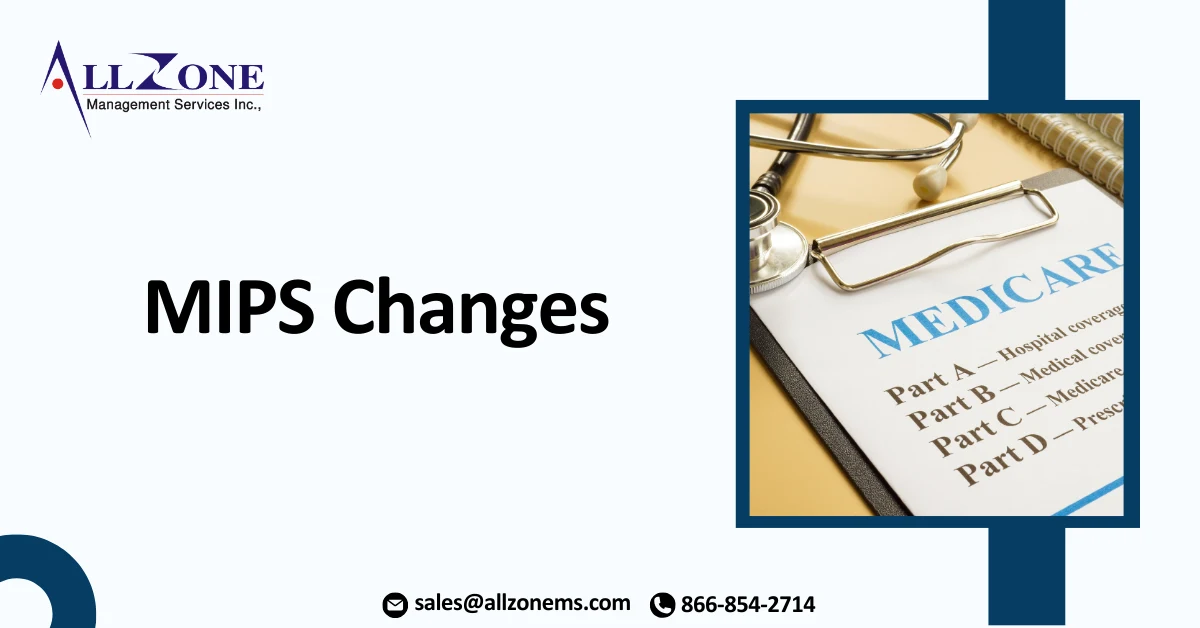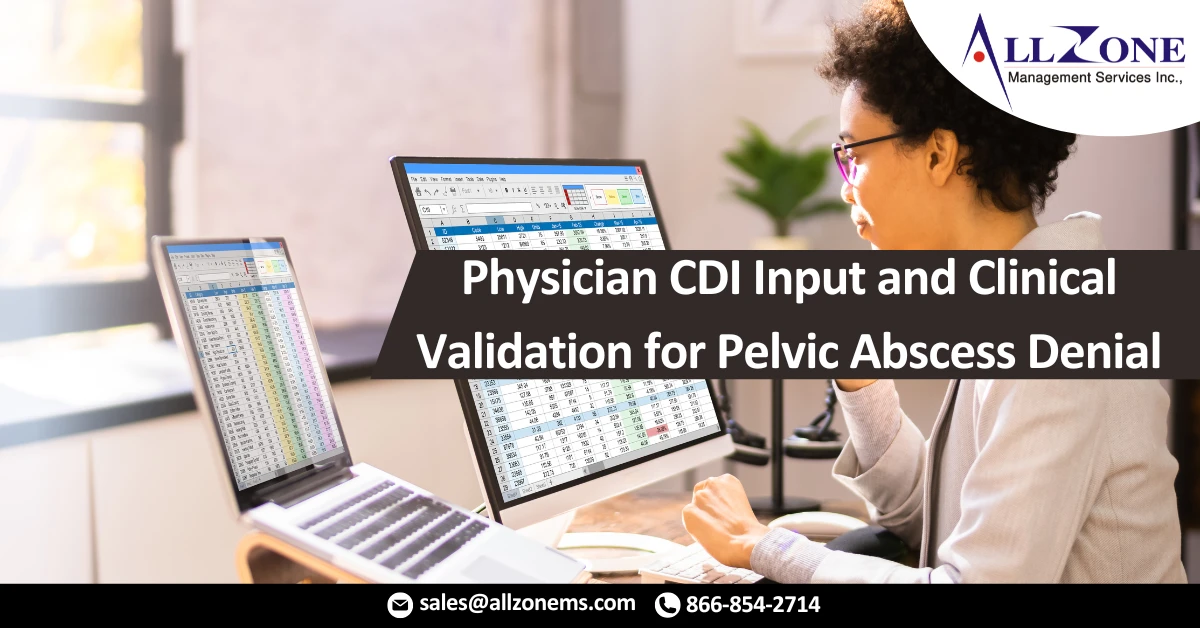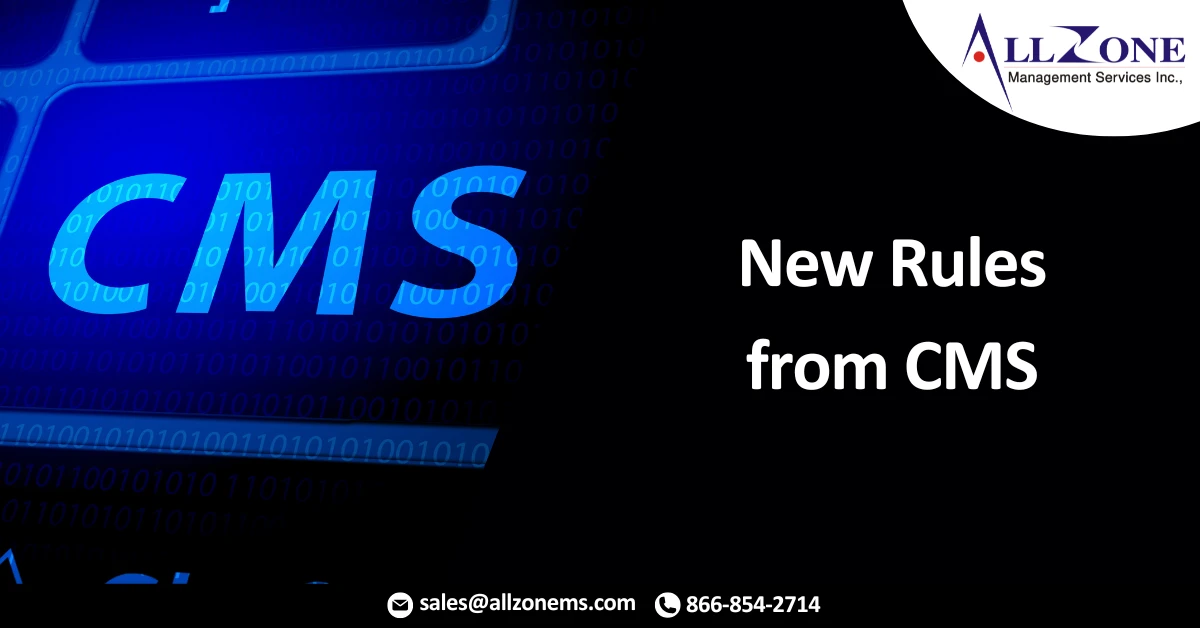In November 2019, CMS published the 2020 Quality Payment Program Final Rule (the “2020 MIPS Final Rule Changes”). Below is a summary of some of the most notable changes to the Merit-Based Incentive Payment Program (MIPS). For a complete list of changes, please review the 2020 MIPS Final Rule or CMS’ Quality Payment Program Resource […]
Case study proves the need for physicians to be members of the CDI team. Having a strong denials management team is critical for facilities. If providers do not leverage proper resources to generate strong appeal letters, the third-party payers will uphold their decisions to remove or change diagnosis or procedure codes. This usually will lead […]
Artificial intelligence (AI) is a concept that has moved very quickly from the realm of science fiction into real and practical utility in a number of different industries—including healthcare. One of the most effective applications for AI-powered tools is in the field of revenue cycle management. Sophisticated AI technologies can sift through vast amounts of […]
Emergency departments are under intense pressure to do more with less, and drilling down into clinical and operational data can provide opportunities to offset decreasing revenues Many emergency providers are starting to find themselves caught within a perfect storm, with pressure from reduced reimbursements building steadily across all payer types. Medicare payments for emergency care have effectively […]
With an election year just about upon us, there are a number of changes coming from the current administration that are going to impact healthcare in 2020. Changes in allowable benefits, home health, hospice carve-ins, and new CPT codes for remote home monitoring are just a sample of these. There are an additional set of fundamental […]
Hospital billing departments coordinate health plan benefits every day. Typically, coordination of benefits (COB) is aided by patient registration workflows that gather basic demographic and health insurance information. But what if a patient gets hurt on the job or in an automobile accident? How well does your organization collect the information needed to coordinate […]
HBI data reveals that the rate of hospitals or health systems that have implemented artificial intelligence for any revenue cycle function has not widely increased over the past year, but automation in healthcare has shown some forward movement in comparison. Based on the conversations revenue cycle analysts have conducted with HBI members over the past […]
The American Medical Association issued a checklist for the transition to fundamental changes in evaluation and management (E/M) services, a medical coding process in support of medical billing which practicing healthcare providers must use to be reimbursed by Medicare, Medicaid programs or private insurance. The checklist provides a guide for physician practices, which already are […]
Among the proposed new rules is one intended to clarify the contentious “Stark Law” On Oct. 9, the Centers for Medicare & Medicaid Services (CMS) issued a proposed rule to modernize and clarify the regulations that interpret the Medicare physician self-referral law (often called the “Stark Law”). The law prohibits physicians from making referrals for […]
The Centers for Medicare & Medicaid Services (CMS) announced that, beginning in January 2020, CMS will implement shorter and more frequent HCPCS Level II coding cycles for requests to modify the Healthcare Common Procedure Coding System (HCPCS) Level II code set. Under the updated procedures, stakeholders will be able to submit code applications on a quarterly basis […]










